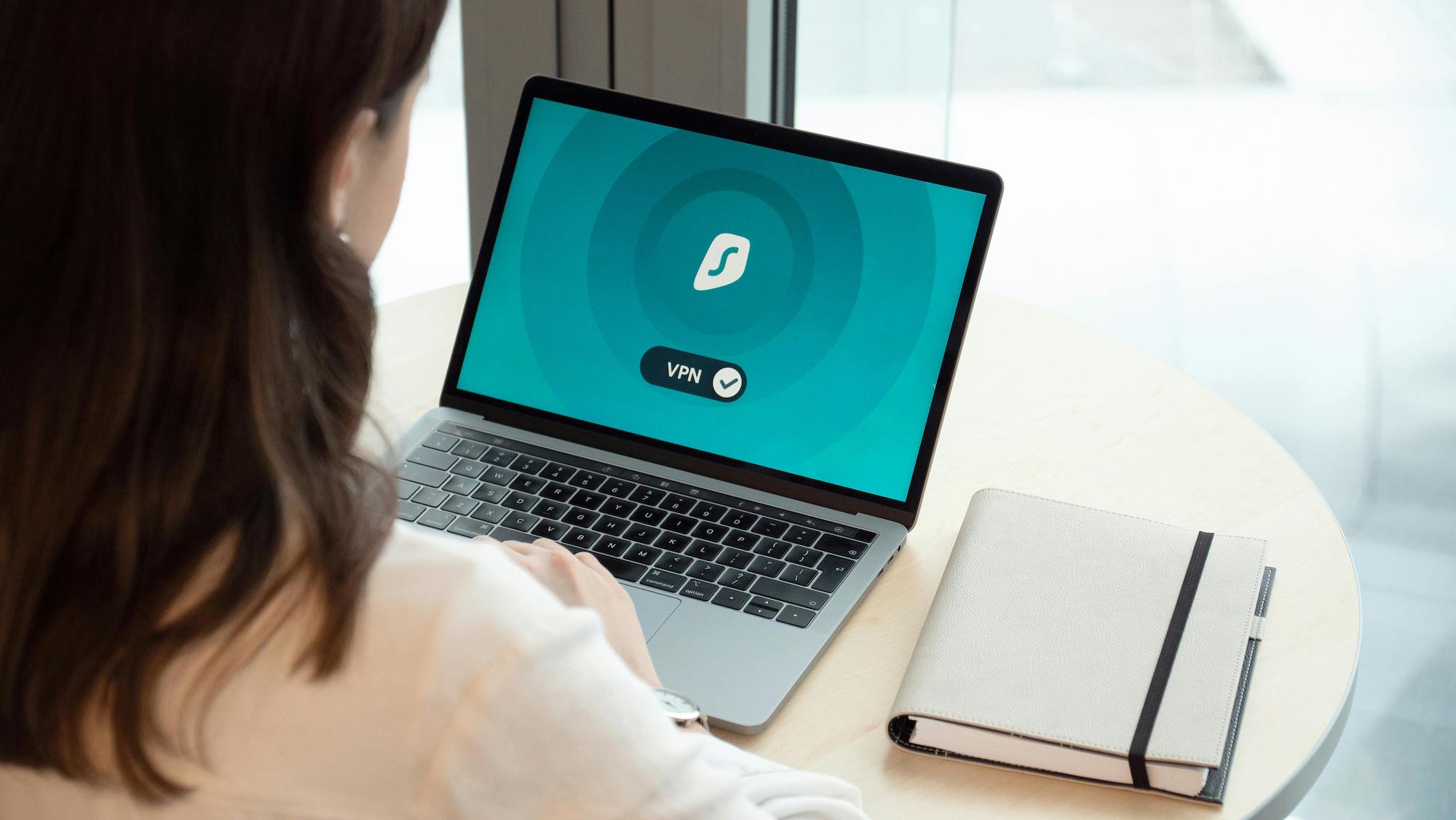
As Cybersecurity Awareness Month continues, it's a perfect time to sharpen our understanding of the evolving threats in the digital landscape. Cybersecurity has become an essential part of safeguarding personal data, corporate assets, and financial information. From sophisticated nation-state actors to lone hackers, the array of threats continues to grow, making it critical to stay informed.
Read on as GNS dives into some of the most common types of cybersecurity attacks, their methods, and how partnering with a MSP can offer peace of mind.
Phishing attacks remain one of the most prevalent and dangerous methods employed by cybercriminals. These attacks use fraudulent emails, messages, or websites designed to trick individuals into revealing sensitive information, such as usernames, passwords, and credit card details. Social engineering techniques are becoming more refined, making phishing attacks harder to detect. Even the most tech-savvy individuals can be fooled by a cleverly disguised email or link.
Phishing attacks have evolved beyond email; now, phishing attempts can occur via text messages (smishing), voice calls (vishing), or even social media platforms. Once hackers gain access to sensitive information, they can launch more devastating attacks, like business email compromise or identity theft.
Mitigation: Employee education is the first line of defense. Regularly training staff to recognize phishing attempts is crucial. Additionally, organizations should implement two-factor authentication (2FA) to add an extra layer of security to their accounts.
An MSP can assist in monitoring email traffic, implementing advanced spam filters, and providing regular phishing simulation tests to keep businesses one step ahead of attackers.
Ransomware is another type of cyberattack that has surged in recent years. Criminals use ransomware to encrypt critical systems and data, making them inaccessible to the business until a ransom is paid. This type of attack can cripple entire organizations, resulting in costly downtime and, in some cases, permanent data loss.
Ransomware attacks are often delivered through phishing emails or by exploiting vulnerabilities in outdated software. Once inside the system, the malware spreads quickly, encrypting files and demanding payment in cryptocurrencies, making it nearly impossible to trace. According to cybersecurity studies, businesses are advised not to pay the ransom, as this does not guarantee that the files will be restored and may encourage further attacks.
Mitigation: The key to mitigating ransomware attacks is to have a comprehensive backup strategy in place. Regular backups, stored offline, ensure that data can be restored in the event of an attack. Additionally, businesses should work with an MSP to ensure that all software and systems are patched regularly, closing potential vulnerabilities. MSPs also provide advanced endpoint protection solutions that detect ransomware before it has a chance to execute.
Distributed Denial-of-Service (DDoS) attacks are designed to overwhelm a system's resources, rendering websites, applications, or networks unavailable to users. This type of attack can cause significant disruption to online services, leading to financial loss and reputational damage. Hackers typically use botnets-a network of compromised devices-to flood the targeted system with excessive traffic.
What makes DDoS attacks particularly challenging is their scale. With thousands or even millions of devices participating in the attack, it can be difficult to pinpoint the source or mitigate it in real-time.
Mitigation: Implementing a robust traffic monitoring system is essential for early detection of DDoS attacks. Cloud-based solutions can absorb excess traffic and prevent systems from going offline. MSPs offer continuous monitoring and can quickly respond to attacks, limiting downtime and ensuring service continuity.
SQL injection attacks target databases by exploiting vulnerabilities in an application's code. When a web application allows users to input data (e.g., search fields, forms), an attacker can insert malicious SQL code to manipulate the backend database. This can result in unauthorized access to sensitive data, including customer records, credit card information, or personal identification details.
SQL injection attacks often go unnoticed, making them particularly dangerous. They can expose vast amounts of sensitive information and pave the way for further exploitation of the system.
Mitigation: Ensuring that web applications follow secure coding practices is critical. Input fields should be properly sanitized, and organizations should conduct regular security audits. MSPs can help by performing vulnerability assessments, patching any weak spots, and providing guidance on best practices for application security.
In a Man-in-the-Middle attack, hackers intercept communication between two parties, often without either side realizing. These attacks are most commonly executed on public Wi-Fi networks, where unencrypted data can be easily intercepted. Hackers may use MITM attacks to steal login credentials, financial information, or other personal data.
MITM attacks are particularly dangerous because they occur without users realizing their communications have been compromised, leading to significant data loss or manipulation.
Mitigation: To prevent MITM attacks, businesses and individuals should use encryption protocols, such as HTTPS, for all communications. Virtual Private Networks (VPNs) also provide a secure, encrypted tunnel for data transmission. MSPs can deploy these technologies across an organization, ensuring secure communications both within the company and for remote employees.
As cyber threats grow more sophisticated, the need for expert-level protection has never been greater. This is where an MSP comes into play. MSPs offer a holistic approach to cybersecurity, monitoring systems 24/7, identifying vulnerabilities, and deploying solutions before threats become incidents.
MSPs provide not only reactive measures-like mitigating active attacks-but also proactive strategies, such as regular system updates, employee training, and risk assessments. Their ability to monitor for threats in real-time and respond quickly is a significant advantage, especially for businesses that may not have the resources to build an in-house cybersecurity team.
Cybersecurity Awareness Month is a reminder of the importance of staying vigilant against cyber threats. Whether it's phishing attacks, ransomware, DDoS, SQL injection, or MITM attacks, each poses unique challenges to businesses and individuals alike.
After partnering with GNS, organizations can mitigate these threats and ensure they have the right tools, knowledge, and support to navigate the evolving cybersecurity landscape. With proper precautions and expert support, businesses can protect their data and minimize the risk of becoming a target for cybercrime.